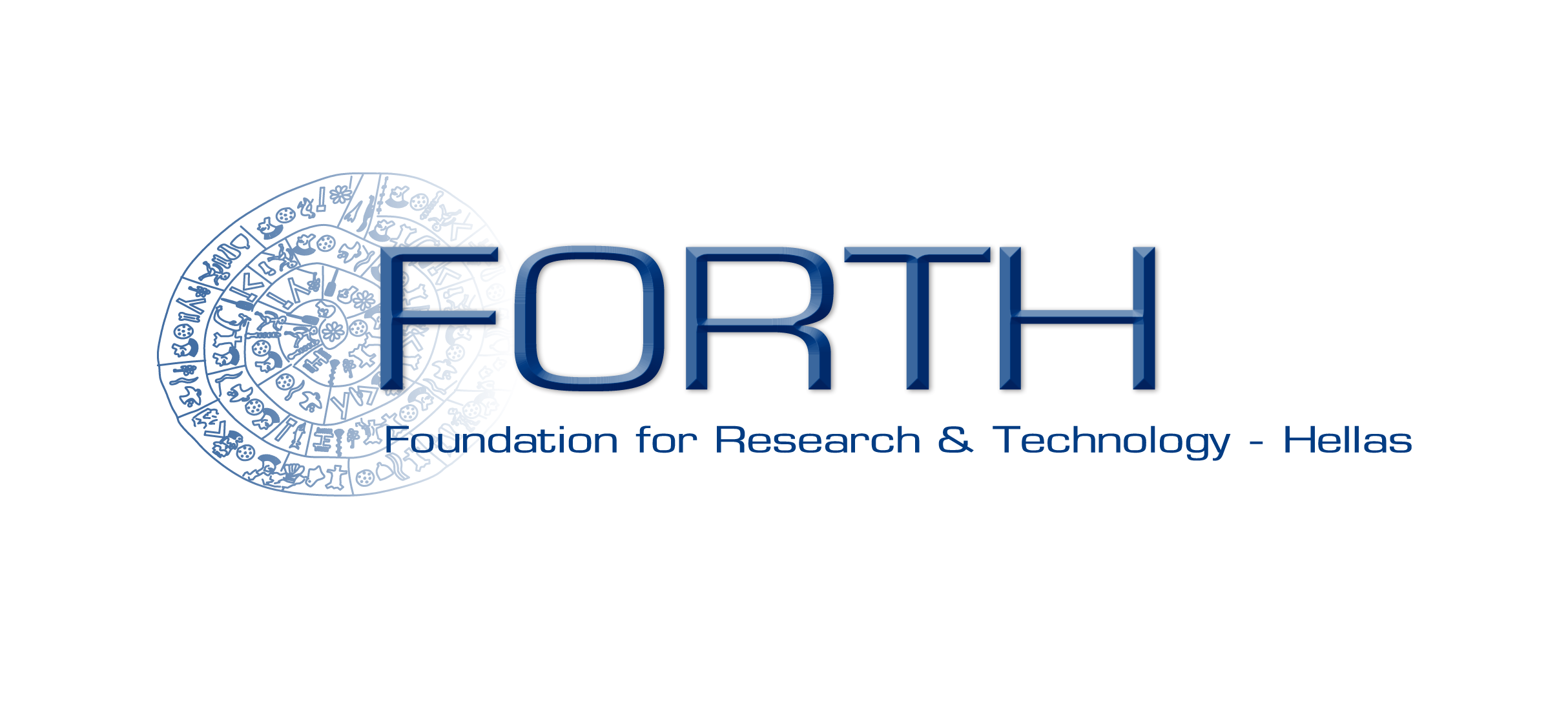Naturvidenskabernes Hus (The House of Natural Sciences) was established in 2007 in a collaboration between the business community, the municipality and educational institutions as a national non-profit organization for school-business collaboration. Bridging the gap between education and business the organization aims at increasing children and youngsters’ interest in science and technology and inspire them to choose a STEM education for the benefit of Denmark's growth, the green transition and a sustainable future. It is thus also deeply rooted in society's need for more people to choose a STEM education and career.
Naturvidenskabernes Hus develops and disseminates exemplary school-company collaborations for students throughout the country and builds capacity and culture for school-company collaboration at companies, in municipalities and at schools and high schools. The organization develops practical teaching courses, and the goal is for school-business collaboration to become a natural, integrated element in STEM teaching in both schools and high schools throughout the country. The organization plays a unifying role for school-business collaboration and to ensure coherence and synergy, they collaborate closely with other institutions and organizations, who develop and offer school-company collaborations.
Furthermore, Naturvidenskabernes Hus facilitates the nationwide corporate network Tektanken.
Through the network, companies make it possible for students to work hands-on with company-related tasks and meet role models on professional company visits. In addition to the five core companies Danfoss, Grundfos, Novozymes, Coloplast and Haldor Topsøe, more than 500 companies have participated in Tektanken's activities.
Other activities of Naturvidenskabernes Hus:
Naturfagsmaraton - A nationwide competition in science, where 25,000 children and 1,200 teachers in 60 municipalities each year work with innovative teaching courses in mathematics, crafts and design, nature and technology and compete to win a prize for the best and most creative solutions to a variety of challenges in the field. Students and teachers gain experience with exploratory and practical teaching that increases the interest and motivation for the science subjects.
Girls’ Day in Science - A national campaign day that focuses on women in science, technology and crafts. More than hundred companies, educational institutions and organizations open their doors to thousands of girls for them to participate in practical and company-related workshops and meet inspiring role models.
Kloge Hænder (Wise hands) - Craft businesses, production- and industrial companies open their doors and invite school classes inside for an introduction to the craft subjects. Through different hands-on activities primary school students become aware of the many opportunities in a vocational education.








